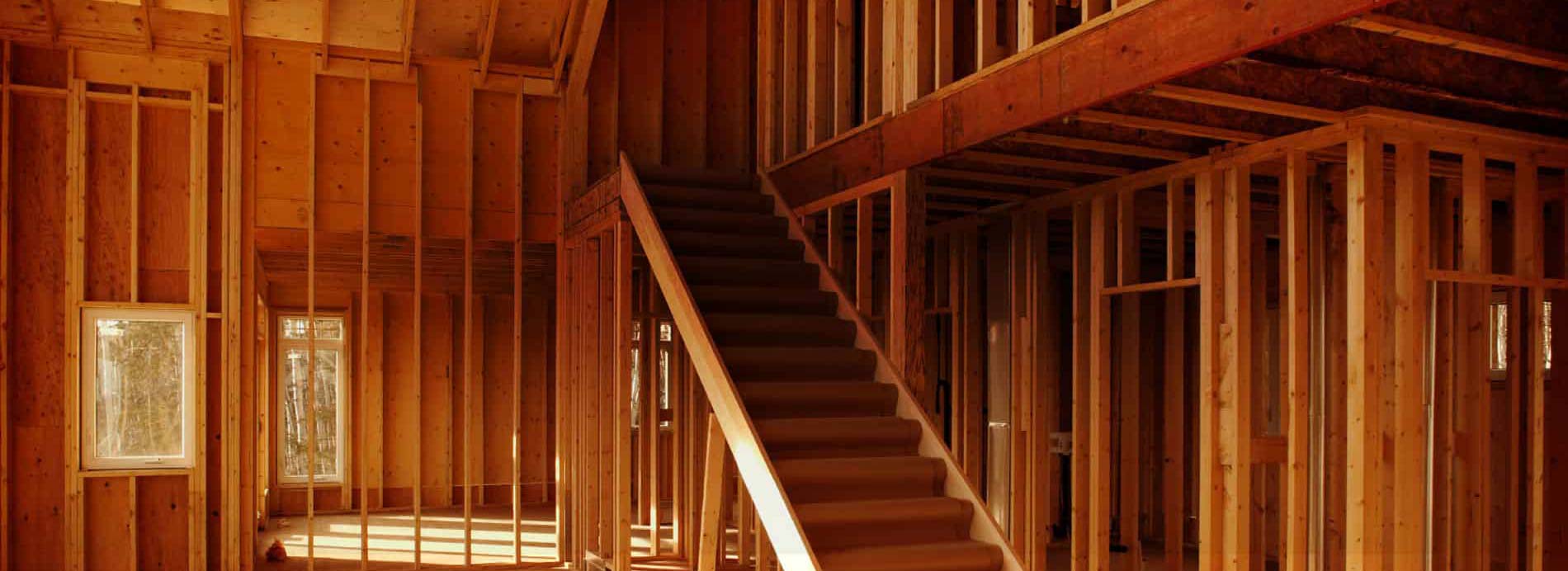Duty and Resilience
A year ago, few of us who are not health professionals had thought much about pandemics, and none of us had heard of or even contemplated anything called Covid-19. Now people in every corner of the world have been adversely affected by this invisible enemy, as the Covid-19 pandemic has destroyed lives, wrecked economies, and dominated the news for months. Faced with this, as with any, crisis, we search for ways to cope and find inspiration in our faith, in those around us and in our heroes.
One of our heroes here at RWC is the 26th President of the United States Theodore Roosevelt. He is often remembered as the brave warrior who led the charge up San Juan Hill during the Spanish American War, as the dynamic President who transformed America into a world power with his “Speak softly, but carry a big stick” diplomacy, and as the audacious leader of the Bull Moose party who came closer than any other modern American to winning a presidential election as a third party candidate. These and many other feats have won him a place in the hearts of his countrymen and even on the rocky slope of Mount Rushmore where he is immortalized with the likes of Washington, Jefferson and Lincoln, and rightly so.
But more than these triumphs, we find some of the less renowned aspects of Theodore Roosevelt’s character inspirational in these troubling times. First among these was his resilience. He was a weak and sickly child, but he challenged himself to overcome his physical infirmities through a rigorous regimen of exercise and activity and became a great athlete and outdoorsman.
He was a happy go lucky twenty-five-year-old newlywed when, on Valentine’s Day 1884, his fifty-year-old mother and his twenty-two-year-old wife died in the same house eleven hours apart. The one entry in his diary that day said, “The light has gone out of my life.” Even in the face of this unimaginable tragedy, Teddy Roosevelt did not quit. Later that year he moved west to the Dakota Territory and set up camp twelve miles from the nearest homestead. He lived a solitary life as a rancher and cowboy, often spending sixteen hours a day on horseback, and returned three years later to New York revitalized and ready to embark on a new life of personal and political triumph virtually unmatched in our history.
A couple decades later, when he believed his handpicked successor as President, William Howard Taft, was not being true to the ideals Roosevelt had advanced in his presidency, Teddy Roosevelt did not sulk or complain. Rather, he entered the arena again and tried mightily, albeit unsuccessfully, to retake the White House. Teddy Roosevelt’s resilience was one of the keys to his greatness.
The other aspect of Roosevelt’s character which we can try to emulate and from which we can draw strength and purpose is his sense of duty, which drove him throughout his life. In his 1913 autobiography he summed up one’s duty in life by quoting Squire Bill Widener of Virginia: “Do what you can, with what you’ve got, where you are.” Teddy Roosevelt recognized that the most important duties are not those of presidents or world leaders, but of parents to their children, neighbors to their friends, and citizens to their communities. When crises befall us then, we are obliged not to wring our hands and complain that others are not fixing the problem quickly enough, but to start where we are, use what we have, and do what we can to help.
When the towers fell on September 11, 2001, our world turned upside down. Americans felt an insecurity in their hometowns that they could never remember feeling in their lifetimes. At RWC we sent our employees home that day, but every one of our people showed up the next day—unsettled, worried, and changed a little—but manning their posts, doing their duty, and helping our members and their homeowners carry on with their businesses and their lives.
When the housing bubble burst a dozen years ago, financial calamity hit the home building industry and millions of Americans lost their homes. Every day we received news of builders defaulting on their warranty obligations, filing for bankruptcy or simply disappearing. An unprecedented number of homeowners looked to RWC to repair their homes. Throughout that crisis we manned our posts, fixed those homes, spent millions of dollars doing so, and lived to tell the tale.
When the Covid-19 crisis hit, we were told to avoid large gatherings of people so that we could slow the spread of the virus. For the safety of our employees, their families and our community, we sent all of them home. For the first time in our history we asked them all to work remotely, which we thought we could pull off for a little while. Then the governor told us we could not go back to our office until further notice. We continued to operate remotely and, though the road was bumpy at first, we found a way to provide our usual high level of service from the more than hundred different places our employees live. We challenged our people to make it work, and as a result of their resilience and sense of duty, we barely missed a beat.
Here is the point in this article where we usually ask you to buy more warranties, but we’re not going to do that this time. We just want you to know that, regardless of what crisis befalls us, RWC is here for you. Our people are resilient, and they know their duty. We are at our post, ready to use what we have, to do what we can for you and your homeowners. It’s what we do, and besides, we know Teddy would want it that way!
Have faith, be strong, and know that we are hoping and praying for the health and safety of your families, your people and you.





